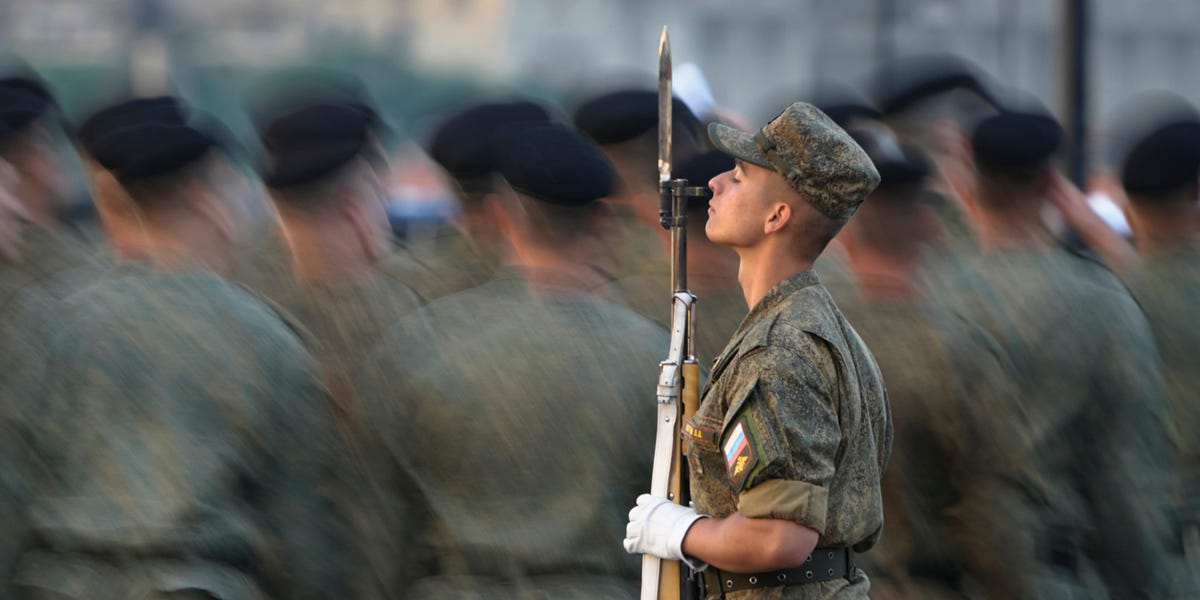Russian marines and paratroopers are refusing to launch certain types of assaults due to concerns over the huge losses other troops are suffering, a Ukrainian official said, per the Kyiv Post.
Nataliya Humenyuk, press secretary for the AFU’s Joint Command South, said that the soldiers considered “themselves ‘elite troops’” and did not “want to go into frontal assaults” typically carried out by former felons and reservists, the outlet reported.
Over the course of the Russian invasion, it has become increasingly reliant on high-risk frontal assaults. It involves waves of attacks that probe Ukrainian positions and seize small portions of territory but cost a huge loss of life.
The Wagner leader, Yevgeny Prigozhin, who was killed in a mysterious plane explosion after leading a failed mutiny in June, described the tactic as a “meat grinder.”



This is the best summary I could come up with:
Russian marines and paratroopers are refusing to launch certain types of assaults due to concerns over the huge losses other troops are suffering, a Ukrainian official said, per the Kyiv Post.
Nataliya Humenyuk, press secretary for the AFU’s Joint Command South, said that the soldiers considered “themselves ‘elite troops’” and did not “want to go into frontal assaults” typically carried out by former felons and reservists, the outlet reported.
The number of ‘Storm-Z’ units (low-grade Russian formations made up older reservists and former convicts) committed to carry out human wave attacks against the Ukraine bridgehead on the eastern side of the Dnipro were now falling, and more naval infantry and paratroopers were being deployed, said Humenyuk
One of Russia’s newly formed Russian paratrooper units, the 104th Guards Airborne Division, appeared to be hit particularly hard in its combat debut in the Kherson region late last year, the UK Ministry of Defence said in an update on the conflict in December.
It said the unit “highly likely suffered exceptionally heavy losses and failed to achieve its objectives” during its operations in the area, aimed at dislodging Ukrainian positions near Krynky.
Conditions in the region have made the conflict difficult for both sides, with marshes, water-filled bomb craters, and mud making it almost impossible for troops to dig in, The New York Times reported.
The original article contains 548 words, the summary contains 222 words. Saved 59%. I’m a bot and I’m open source!